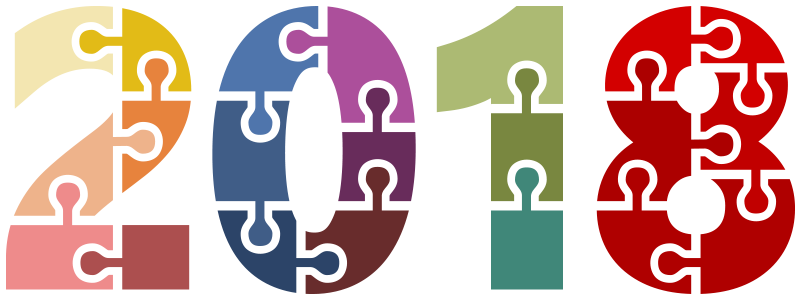Resolutions...and Results
Author
Heath O'Leary

Ralph Mortensen, Ph.D., A.B.P.P., L.L.C. - Organizational Psychologist, recently published this article and kindly agreed to allow us to re-post it. There are several great points to consider when considering New Year's resolutions.
When we enter the holiday season many of us pause and reflect about our resolutions for the coming year. Unfortunately, experience shows that the best intentions for a better, brighter personal future often fail. Because I coach clients to avoid creating a development plan that resembles a New Year’s resolution, this article outlines some of the traps inherent in traditional resolutions.
Too Many Resolutions
A classic problem is when someone sets up too many competing expectations. For many of us, our “day job” gets in the way of executing our plans unless we pare down the list to a very few goals. It’s best to focus on one, two or at most three developmental goals. That self-limitation opens the door to being able to actually concentrate on achieving them. Do just a few things and do them well.
General Resolutions
Another mistake is to identify an overly broad or vague goal. For example, “To be a better leader” is an admirable idea but difficult to pin down. What, more exactly, are the leadership behaviors that you want to change? How will you know whether you’ve made progress? Be specific. Is the goal about listening more closely? Is it giving better instructions? Clearer feedback? A more compelling vision? Controlling your feelings? Once your focus is clearly defined, it’s much easier to work towards it.
Secret Resolutions
Sometimes, we privately choose an important developmental goal but fail to share it. You may hope to impress others with the “new you,” but haven’t alerted anyone else to look for it. Research and experience clearly indicates that making a public commitment vastly increases the odds of success. Other people who are interested will ask you how it’s going and pay attention to what you do. That social pressure can be a great reminder and highly motivating.
Too Little Challenge
Occasionally, we wimp out. If a development goal is too easy, it also can be easy to put off because we can reach it almost any time we choose. Instead, goals that are challenging, even quite difficult, can generate much more energy and raise your determination to prevail. Think in terms of stretch, and even some risk of failure. Your outcome is likely to be more effort and persistence, as well as feeling greater satisfaction when your reach an important milestone. Losing 5 pounds on the way to 15 is a motivating result. So is resolving a minor conflict if your ultimate goal is to deal more effectively with
major ones.
Lack of Preparation
New or complicated development goals aren’t automatically achievable. They may require that you study, practice or engage in other learning to be ready to move forward. In some cases, the wises course may be to create two goals: a learning goal and a later performance goal. That sequence can provide you with a reasonable and directed action plan. It lays the foundation for results by breaking down the steps as well as assuring that you have all of the necessary tools. Psychologists say that preparation raises your “self-efficacy,” or belief that you can succeed.
Little Genuine Interest
Although research indicates that goals other people set for us can be just as powerful as those we establish ourselves, an important factor in achieving results is whether the developmental end truly matters to you. A goal that you can genuinely commit to has much greater ability to hold your attention and remain a personal priority. Choose one that draws you strongly because the end result truly matters, whether personally, professionally, or both.
No Feedback
Resolutions can be easy to make because we have time on our hands during the holidays. However, once it’s time to jump back into the daily whirl of work, they also can be easy to forget, or put off. The best developmental plans include regular measurement. Periodic progress checks can both keep your efforts on track and provide a boost when you can see the needle move. Set an explicit measurement or feedback schedule to help keep your efforts from fading or drifting away from what originally was an important motivator. Whether you self-monitor, gather others’ feedback or examine other outcomes, build yardsticks into your plan.
Summing Up
While there is no foolproof way to translate your best intentions and wishes into results, these simple but powerful ideas can increase the chances that you’ll reach the end that matters to you. Identify your developmental goals, write down your action plan, and check it against these guidelines to confirm that you’re headed on a productive track. Next comes the hard part: go do it!
References
Locke, E.A. & Latham, G. (2002). Building a practically useful theory of goal setting and task motivation: A 35-year odyssey. American Psychologist, 57 (9), 705-717.
Nowack, K. (2017). Facilitating successful behavior change: Beyond goal setting to goal flourishing. Consulting Psychology Journal: Practice and Research, 69 (3), 153-171.